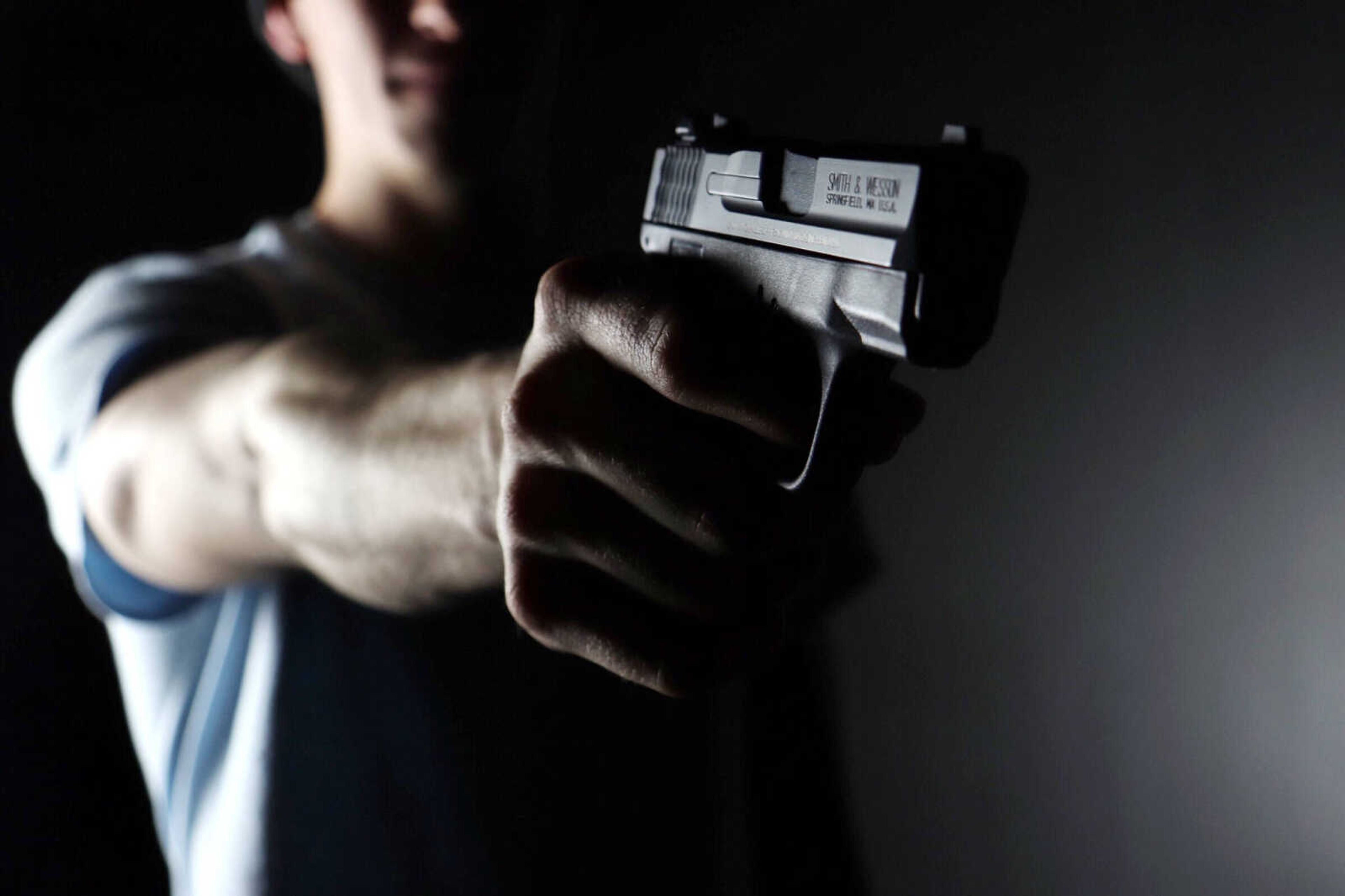Amid tragic school shootings in 2018, the Missouri House of Representatives is considering House Bill 1936, which proposes to expand the list of locations an individual can carry a concealed weapon.
That list includes state universities.
The piece of legislature was sent to the General Laws committee within the Missouri House of Representatives on Jan. 24, and was discussed in committee Feb. 20.
Right now, concealed carry is prohibited on campus, and Department of Public Safety director Beth Glaus said it will remain that way until some of the pending bills are finally disposed.
Southeast chief of staff Chris Martin said that when it comes to concealed carry on campus, there would be some needed conversations.
“When we look at some of the issues affecting college students today and some of the conversations we had almost daily around tragic events like suicide, alcohol related events and mental health … the idea of introducing firearms into that equation is a dangerous proposition,” Martin said.
Martin said the misconception in Missouri is state universities are only gun-free zones to the extent of concealed-carry laws. However, each university has an armed security force that resides on campus.
He said he believes the push behind HB1936, and similar legislature, is the idea of being able to provide a response to active-shooter situations. Martin said his concern, though, is concealed-carry training does not adequately provide an individual to effectively handle that type of response.
“If you speak to our law enforcement officials, they will tell you that specialized training is needed to effectively and adequately deal with that,” Martin said. “Without that training, the best advice and recommendations that they tend to make is to follow a run, hide, fight back mentality.”
Glaus said studies have shown best practice is for individuals to become well-trained on knowing how to protect oneself in the event of a threat.
“I am proud to say that Southeast is remaining active in promotion-preparedness training for people, like active-shooter training,” Glaus said.
The bill before the Missouri Congress does not contain exempted areas such as places of research, health-care facilities and arenas.
Martin said that the university needs to have conversations with lawmakers about including exempt areas for concealed carry within the legislation.
“It’s my opinion that if they were allowed on campus that you’ll have segments of the community and segments that are opposed and possible fearful of it,” Martin said. “I think anytime you have that disparity and emotion it requires conversation.”
In the past five years, Glaus has no recollection of any gun being brought onto Southeast campus.






